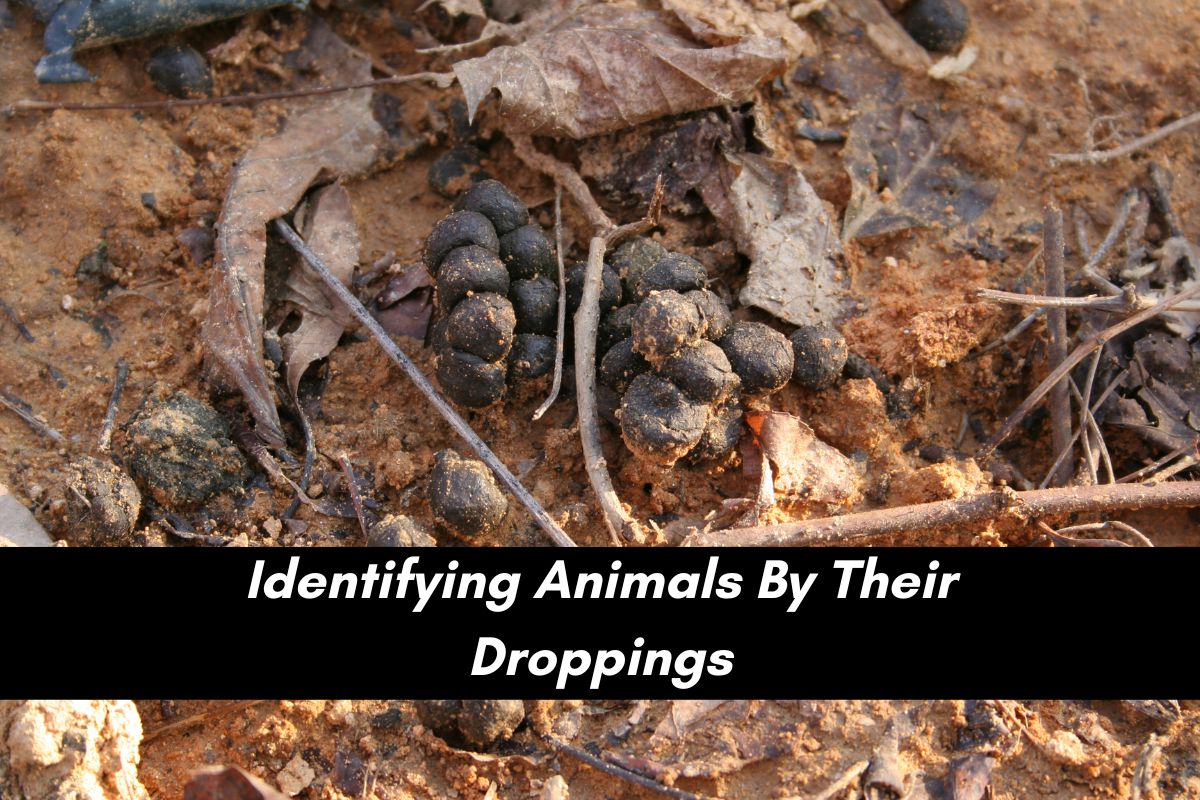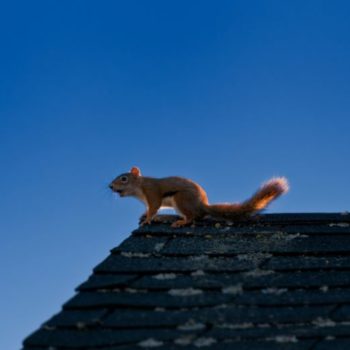
How Squirrels Get Into Your Attic
- Posted by gordonb
- On November 11, 2020
- 0 Comments
Everyone knows that squirrels live in trees, right? Well, usually, but they also are known to make their homes in our homes, specifically in attics. Other small mammals, like raccoons, mice and rats, can set up shop in an attic too though, so if you hear noises above the ceiling, it may not immediately be clear which one it is. One hint is that unlike squirrels, those other potential invaders are all nocturnal, so noises in the daytime likely indicate squirrels. You can also poke around and see if you can find footprints, scat, nests and other evidence that will make clear which animal is present.
The Triangle area of North Carolina is home to a vast army of the little bushy tailed rodents called gray squirrels. They are, by far, the most numerous mammal and can be found in all 100 counties of the state — not just in rural areas, but also urban ones like Raleigh, Cary, Wake Forest, Durham and Chapel Hill. They are also very agile creatures and can easily find their way into any space they wish, unless it is very well guarded against them.
Why you don’t want squirrels to make a home in your attic
You may love squirrels and think you can coexist with the cute little furballs since they are out of sight and away from your living spaces, but this is not wise. Squirrels can cause a number of problems when they are within the structure of a building, especially a dwelling.
The first and main problem is to the health and safety of the residents. Squirrels will often use attics as places to have litters of young. Female squirrels do get defensive when their young are approached and will attack. You may just want to grab the Christmas decorations, but if it is close enough to their nest, it could spell trouble. The bites and scratches are not likely to cause major harm, but they can be traumatizing, and diseases that ARE harmful can be transmitted.
This is another major concern with squirrels present — disease. Parasites like fleas and ticks, which can be carriers of Lyme and other diseases, are commonly brought in with squirrels. They also carry bacteria, like Salmonella, which can be very harmful to children, pets and adults.
Damage to physical elements of your home itself is another concern. The squirrels chew through boards and roofing to get access to the attic, and once inside, are known to chew through electrical wires and even plumbing pipes. We don’t have to spell out the kinds of damage caused by holes in the roof, leaking plumbing, exposed electrical wires and weakened structural supports for the roof.
What to do when you suspect squirrels in the attic
Because of the sensitive nature of dealing with squirrels, we don’t recommend you try to evict them yourselves. A cornered squirrel, which may have young and/or diseases, is not safe to approach. Some do-it-yourselfers have had success using noises and lights as well as traps and poisons, but not all of these strategies are effective — and may not even be legal. You might also want to check your crawlspace for animals as well if they are in your home.
Instead, those in Wake, Durham, Orange and Chatham counties who suspect squirrels in the attic can call Critter Control of the Triangle at 919-382-0651 to learn more and eliminate the problem once and for all.











